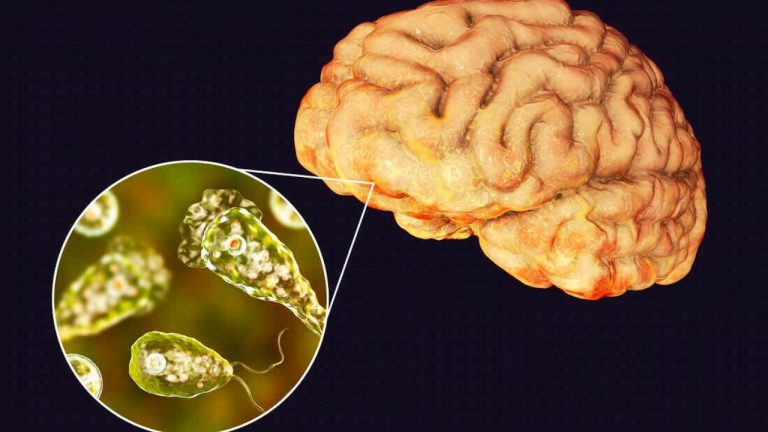The Benefits of Grains

Grains, such as wheat, rice, oats, and barley, offer several benefits when included in a balanced diet:
Nutrient-rich: Whole grains are a good source of essential nutrients, including dietary fiber, vitamins (such as B vitamins and vitamin E), minerals (such as iron, magnesium, and zinc), and phytochemicals. These nutrients support overall health and help maintain proper bodily functions.
Energy source: Grains are a primary source of energy due to their carbohydrate content. They provide the body with glucose, which is the main fuel for the brain and muscles.
Fiber and digestion: Whole grains are rich in dietary fiber, which aids in digestion and promotes bowel regularity. Fiber can help prevent constipation, maintain a healthy weight, and reduce the risk of chronic diseases like heart disease, type 2 diabetes, and certain cancers.
Satiety and weight management: Whole grains have a higher satiety value compared to refined grains, helping to keep you feeling full and satisfied for longer periods. This can be beneficial for weight management by potentially reducing overeating and snacking between meals.
Heart health: Certain grains, particularly whole grains, have been associated with a reduced risk of heart disease. The fiber, antioxidants, and other compounds found in whole grains can help lower cholesterol levels, reduce blood pressure, and improve overall cardiovascular health.
Blood sugar control: Whole grains have a lower glycemic index compared to refined grains, meaning they cause a slower and more gradual rise in blood sugar levels. This can be beneficial for individuals with diabetes or those looking to manage their blood sugar levels.
When incorporating grains into your diet, it’s important to focus on whole grains whenever possible, as they retain the bran, germ, and endosperm, which contain the majority of the grain’s nutrients and fiber.



